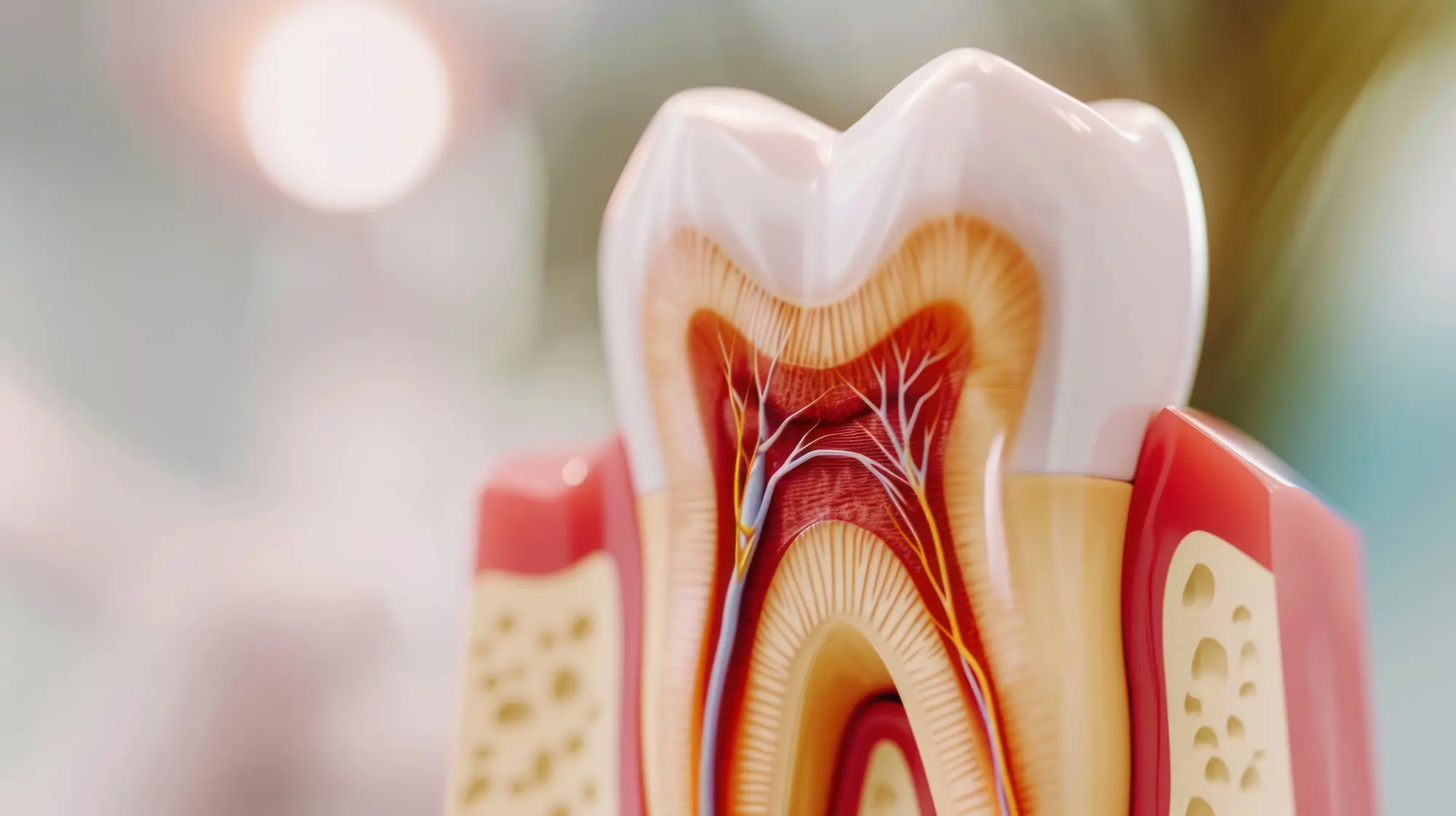
How Long Does a Dental Implant Last?
Dental implants have become a popular and effective solution for replacing missing teeth, offering both aesthetic and functional benefits that closely mimic natural teeth. However, one of the most common questions patients have is about the longevity of these implants.
In this blog, we’ll explore the factors that influence the lifespan of dental implants and what you can do to ensure they last as long as possible.
Factors Influencing the Longevity of Dental Implants
The lifespan of a dental implant can be influenced by several factors, many of which are within your control. Here are the key elements that can affect how long your implant lasts:
- Oral Hygiene: Maintaining excellent oral hygiene is crucial. Regular brushing, flossing, and dental check-ups can prevent infections that might compromise the implant.
- Lifestyle Habits: Smoking and excessive alcohol consumption can negatively impact the longevity of your dental implant.
- Bone Health: The quality and quantity of the jawbone where the implant is placed play a significant role. Adequate bone density is essential for the implant to integrate properly.
By paying attention to these factors, you can significantly extend the life of your dental implant.
The Typical Lifespan of Dental Implants
Under optimal conditions, dental implants can last a lifetime. The implant itself, typically made of titanium, is designed to be a permanent solution. However, the crown, bridge, or denture attached to the implant may need replacement after 10 to 15 years due to normal wear and tear.
It's important to note that while the implant can last indefinitely, its longevity largely depends on how well you care for it. Regular dental visits and adhering to good oral hygiene practices are essential to maximize the lifespan of your implant.
Signs Your Dental Implant May Need Attention
Even with the best care, there may come a time when your dental implant requires professional attention. Here are some signs to watch for:
- Persistent Pain: While some discomfort is normal initially, ongoing pain may indicate an issue.
- Loosening: If the implant feels loose, it’s crucial to see your dentist immediately.
- Swelling or Infection: Any signs of infection or swelling should be addressed promptly.
Being proactive and seeking early intervention can prevent more serious complications and prolong the life of your implant.
How to Care for Your Dental Implant
Caring for your dental implant is similar to caring for your natural teeth. Here are some tips to ensure your implant remains in excellent condition:
- Brush twice daily with a soft-bristled toothbrush.
- Floss daily to remove plaque and debris between teeth.
- Use an antimicrobial mouthwash to reduce bacteria.
- Visit your dentist regularly for check-ups and cleanings.
By incorporating these habits into your daily routine, you can help ensure the longevity of your dental implant.
Secure Your Smile with Dental Implants in Flushing
If you're considering dental implants or need maintenance for your existing ones, Flushing Dental Care is here to help. Located in Flushing, MI, Dr. David Shorez and our dedicated team are committed to providing top-notch dental care tailored to your needs. Don't wait to secure your smile—call us today at (810) 733-2700 to schedule your appointment and take the first step towards a healthier, more confident you!
Related Posts
Lorem ipsum dolor sit amet, consectetur adipiscing elit.

The Free Whitening Perk: Brightening Your Smile at Flushing Dental Care
With our free whitening for life perk, patients who prioritize their oral health also enjoy the added benefit of professional teeth whitening at no additional charge.

Root Canal Therapy: Separating Painful Myths from Modern, Gentle Reality
Root canal therapy is a restorative dental procedure designed to save a tooth that's become infected or severely decayed.

Sedation Dentistry: Overcoming Fear for a Completely Comfortable Dental Visit
For many patients, dental anxiety is more than just nerves. It’s a real barrier that prevents them from receiving the care they need.

